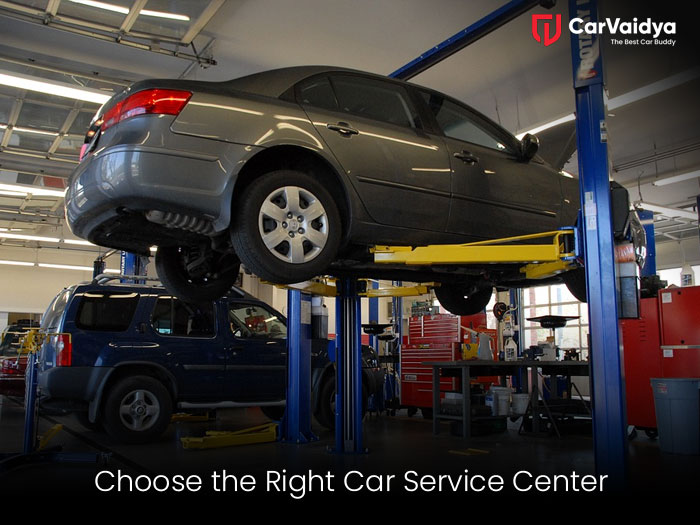Replacing your brake pads is crucial for maintaining your vehicle's safety and performance. As one of the primary components responsible for stopping your car, brake pads undergo wear and tear over time. Knowing when to replace them can prevent potential accidents and ensure smooth driving experiences. Here are the top five signs indicating it's time to replace your brake pads.
Squealing or Squeaking Noises: One of the most common signs that your brake pads need replacement is the presence of high-pitched squealing or squeaking noises when you apply the brakes. This sound is typically caused by a small metal shim, called an indicator, which is integrated into the brake pad. When the pad wears down to a certain level, this indicator makes contact with the rotor, producing an unmistakable sound. If you hear these noises, it's essential to inspect your brake pads promptly and replace them if necessary. Ignoring this warning could lead to further damage to your braking system, resulting in more extensive repairs and compromised safety on the road.

Grinding Sensation: If you notice a grinding sensation or a harsh metallic noise when you brake, it's a clear indication that your brake pads have worn down completely, and metal-on-metal contact is occurring between the brake calipers and the rotors. This grinding sensation is not only disruptive but also dangerous, as it can lead to significant damage to your braking system, including the rotors. Driving with severely worn brake pads not only compromises your safety but also increases the risk of costly repairs. If you experience this symptom, it's crucial to address the issue immediately by replacing your brake pads and inspecting the rest of the braking system for any damage.
Reduced Brake Responsiveness: Over time, as brake pads wear down, you may notice a decrease in brake responsiveness, meaning it takes longer for your vehicle to come to a complete stop when you apply the brakes. This reduced responsiveness can be attributed to the diminished friction between the brake pads and the rotors, resulting from pad wear. If you find yourself having to press the brake pedal harder or if there's a noticeable delay in braking, it's a sign that your brake pads are nearing the end of their lifespan and need replacement. Ignoring this warning sign can compromise your ability to stop safely, especially in emergency situations, putting you and other road users at risk.
Vibration or Pulsation While Braking: Another telltale sign of worn brake pads is vibration or pulsation felt through the brake pedal when you apply pressure. This vibration is often caused by uneven wear on the brake pads or warped rotors, resulting from prolonged use or aggressive braking. When brake pads wear unevenly, they can create an uneven surface on the rotor, leading to vibration and pulsation when braking. Additionally, worn brake pads can put increased stress on the rotors, causing them to warp over time. If you experience vibration or pulsation while braking, it's essential to have your brake system inspected promptly. In many cases, replacing the brake pads and resurfacing or replacing the rotors can restore smooth braking performance and eliminate the vibration.
Visible Wear on Brake Pads: Regular visual inspection of your brake pads can also help you determine when it's time for replacement. Most brake pads have a built-in wear indicator that allows you to assess their condition visually. You can usually see the brake pads through the spokes of your wheels without removing them. If the pad material appears to be worn down to 1/4 inch or less, it's a sign that it needs replacing. Additionally, if you notice uneven wear patterns, such as one pad significantly thinner than the others, it may indicate a problem with the brake caliper or brake system that requires attention. Inspecting your brake pads regularly and addressing any signs of wear promptly can help prevent more extensive damage to your braking system and ensure your safety on the road.
Conclusion
Recognizing the signs indicating it's time to replace your brake pads is essential for maintaining your vehicle's safety and performance. Whether it's unusual noises, reduced brake responsiveness, or visible wear on the brake pads, addressing these issues promptly can prevent accidents, costly repairs, and ensure smooth driving experiences. If you experience any of these warning signs, it's crucial to have your brake system inspected by a qualified mechanic and replace the brake pads if necessary. By staying proactive and attentive to your vehicle's braking performance, you can enjoy peace of mind knowing that you're driving safely and responsibly.
You Can Read Some Other Articles
Enhancing your driving experience: installing a sunroof in your car
Essential tips to prevent engine seizurein you car
Increasing the lifespan of your car’s clutch


0 Comments